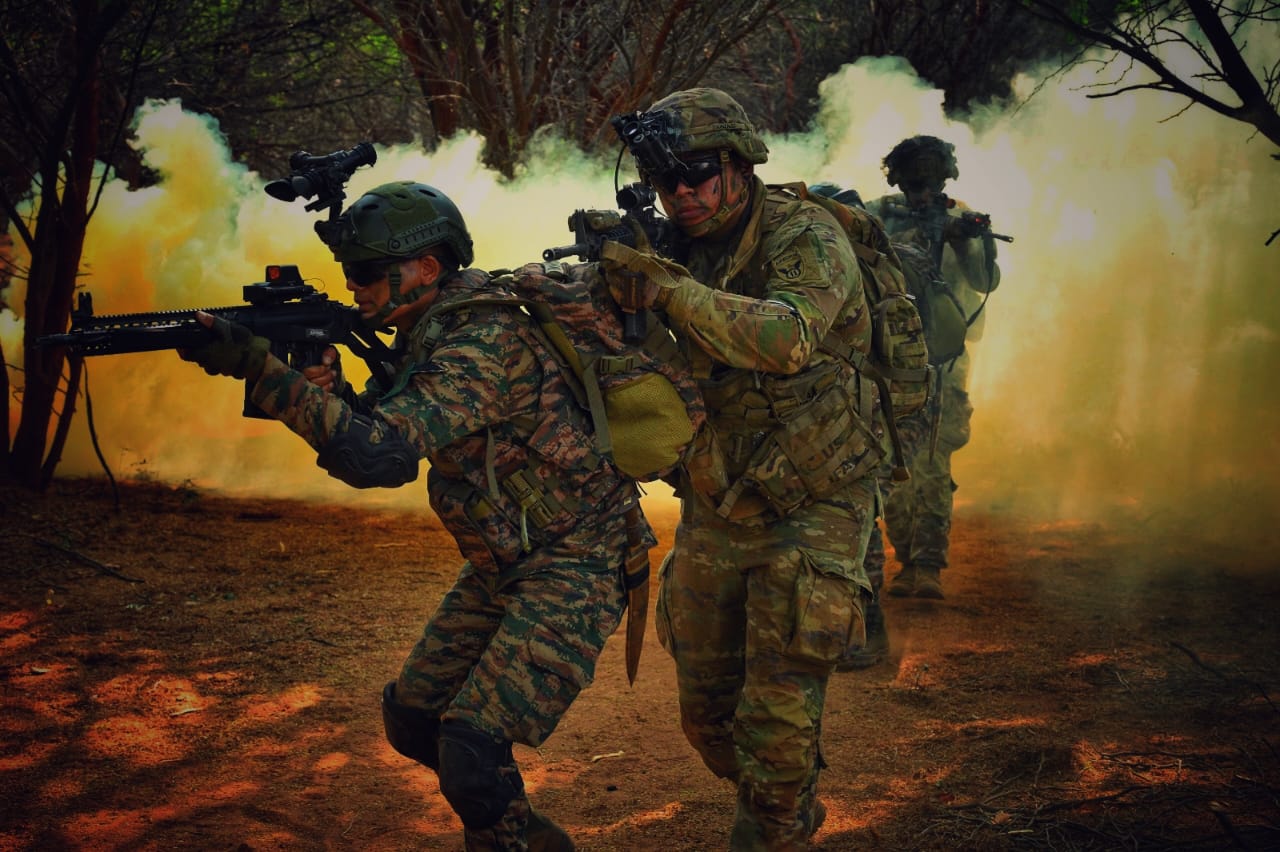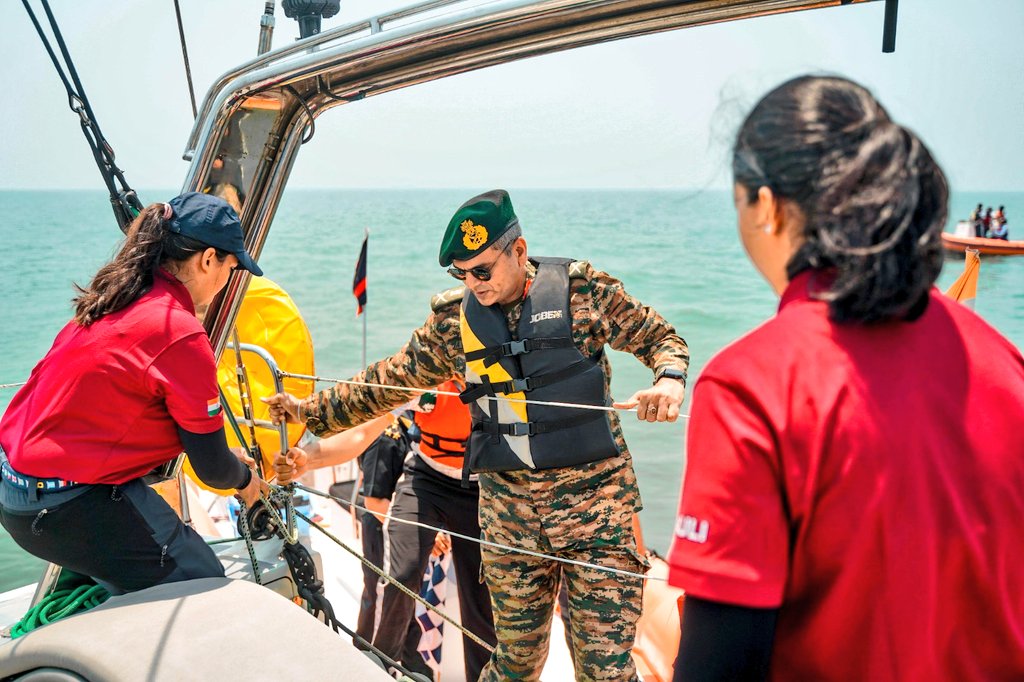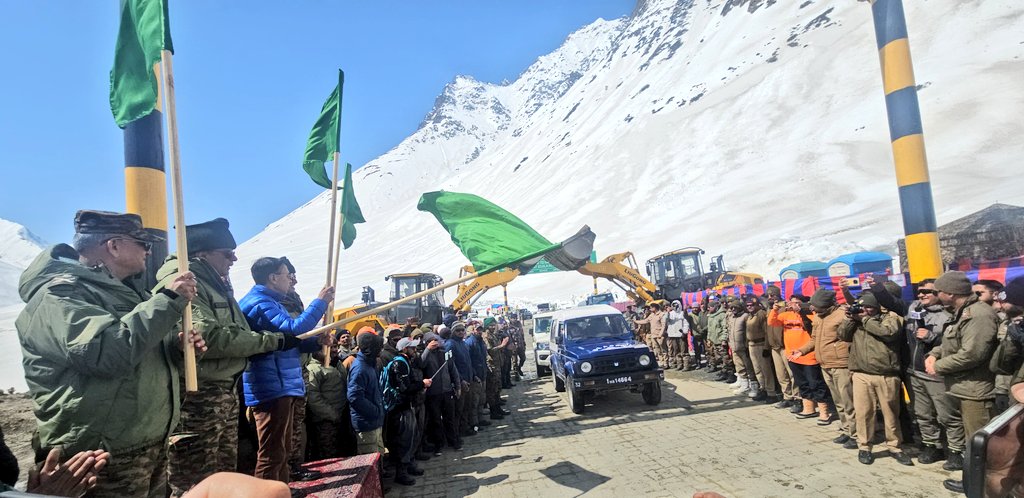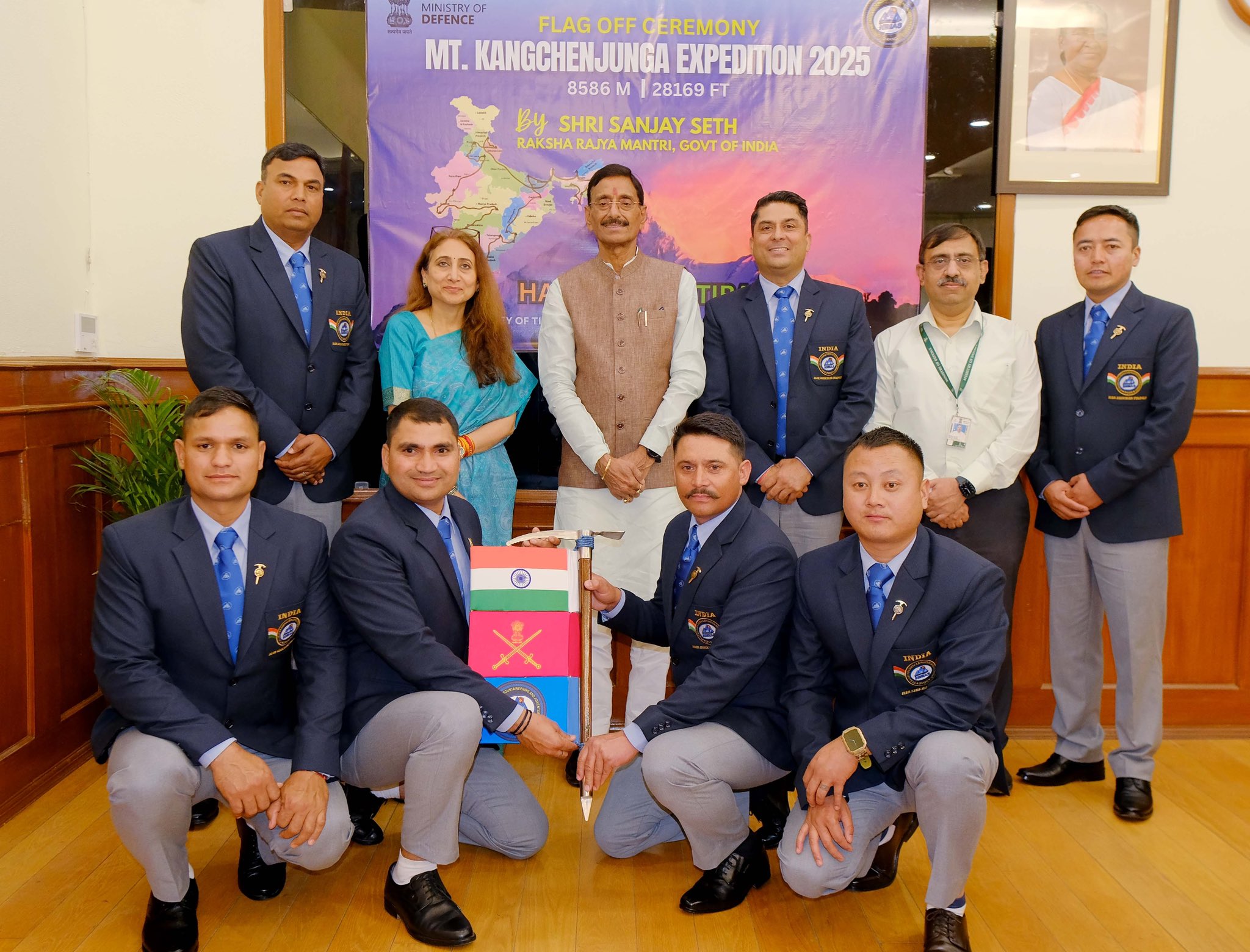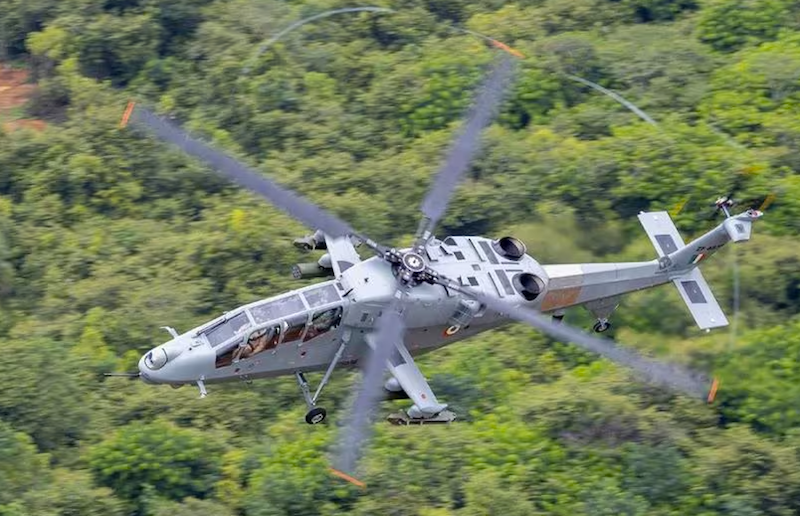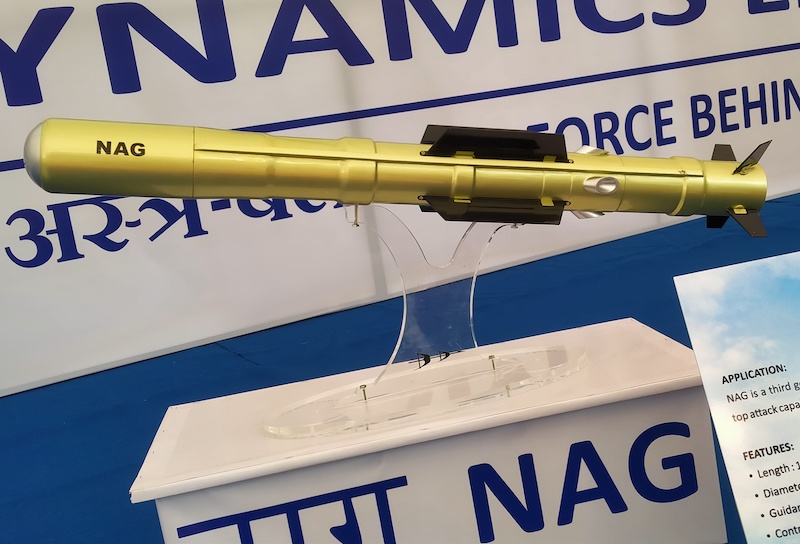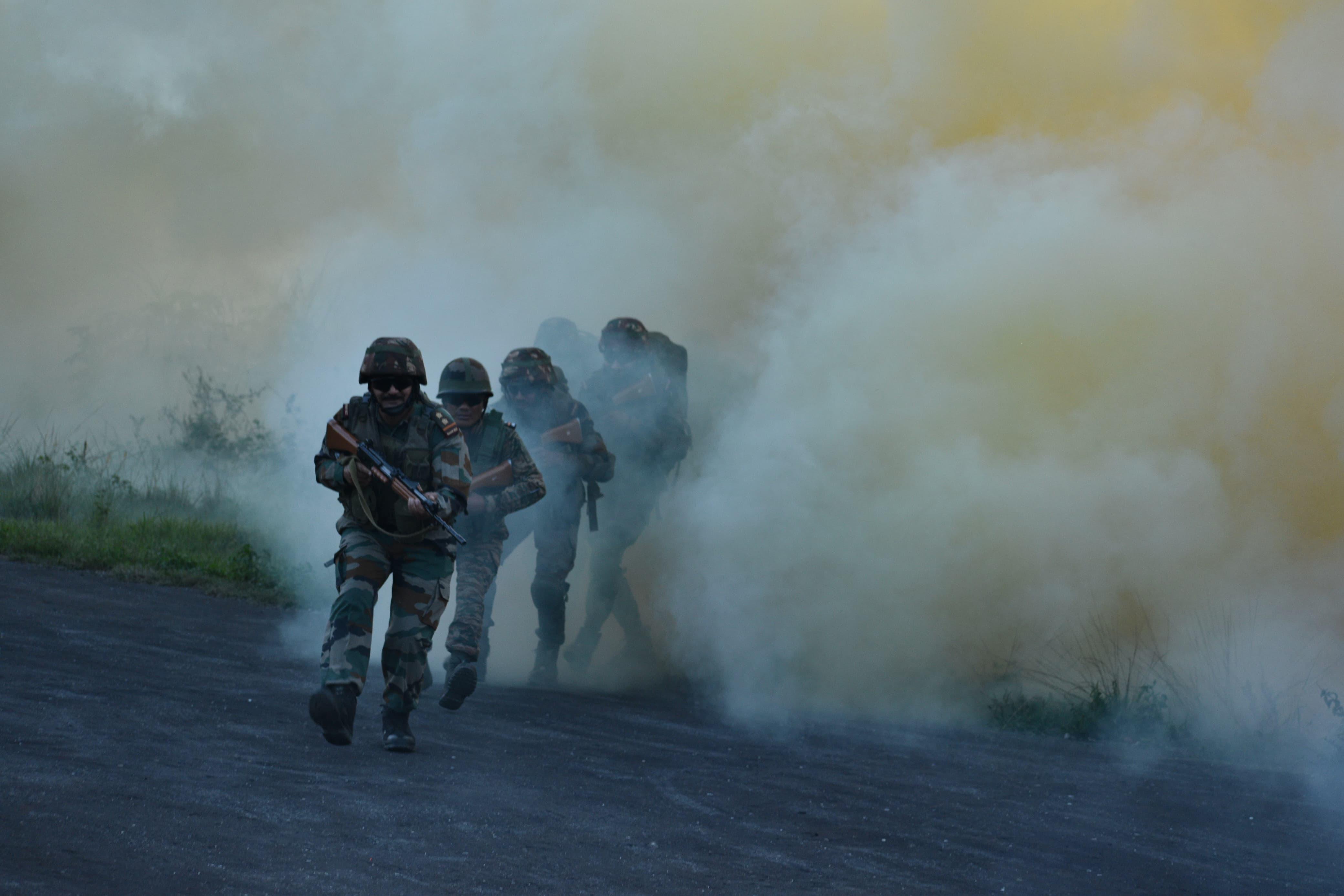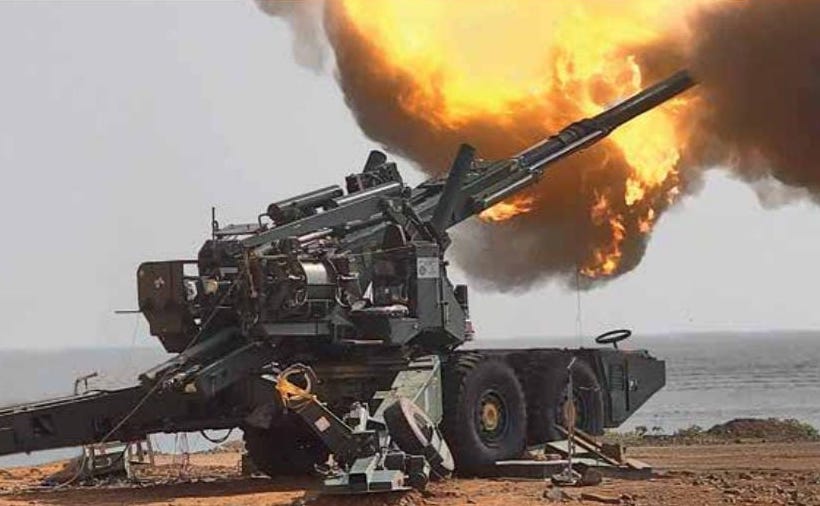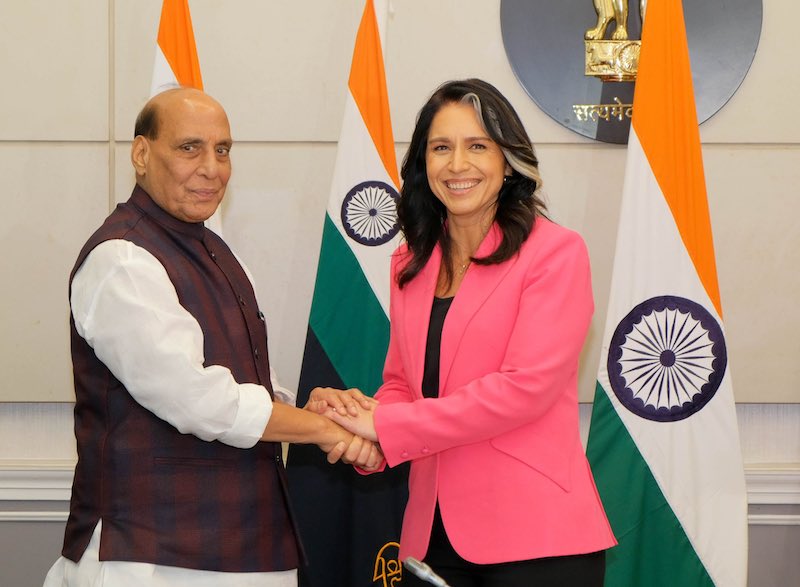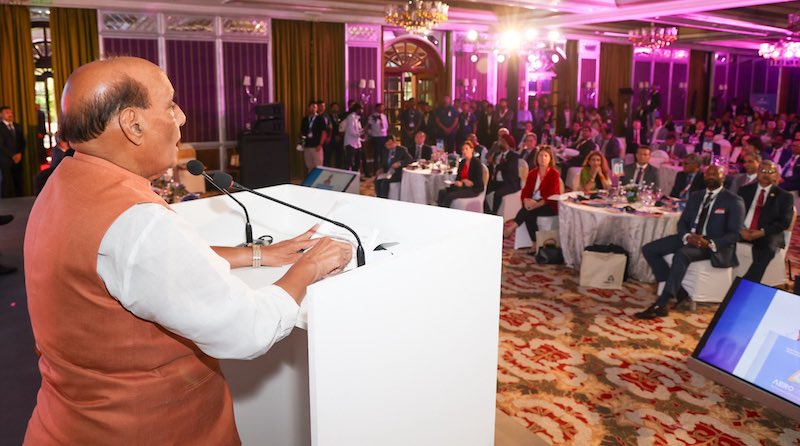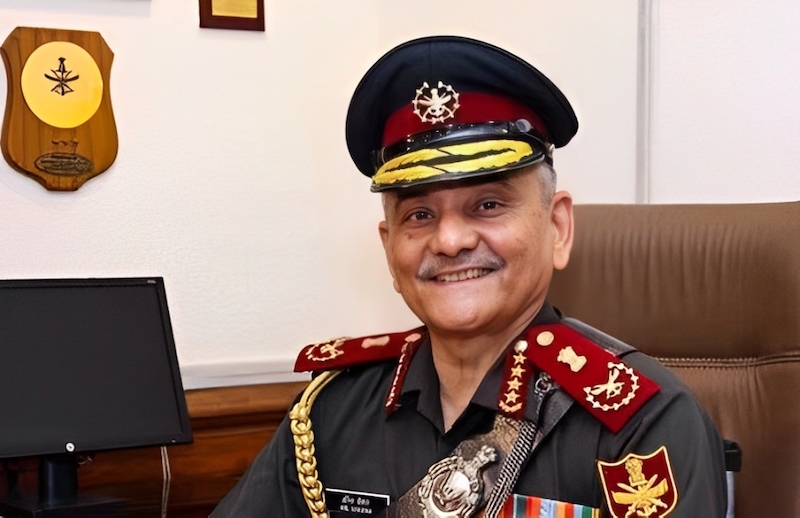 Gen Anil Chauhan, chief of defence staff, is the key figure behind the Future Warfare Course. (File photo)
Gen Anil Chauhan, chief of defence staff, is the key figure behind the Future Warfare Course. (File photo)
New Delhi: For the first time, representatives from India’s defence industry are set to participate for the first time in the triservices’ Future Warfare Course, an initiative that underscores the nation’s push towards integrated, technology-driven defence preparedness. The course, scheduled from April 21 to May 9 at the Manekshaw Centre, here in the national capital, will be conducted under the aegis of the Headquarters Integrated Defence Staff (HQ IDS), Ministry of Defence.
This expanded edition marks a significant evolution from the inaugural course held in September 2024, which was a five-day pilot programme attended exclusively by officers from the Indian Army, Navy, and the Air Force. The 2025 course will see the inclusion of a diverse cohort, ranging from Army’s major general- to major-ranked officers and equivalents in the Navy and the Air Force, as well as representatives from the Defence Research and Development Organization (DRDO), defence startups, MSMEs (micro, small, and medium enterprises), DPSUs (defence public sector undertakings), and private industry.
In a statement, the defence ministry said this move is in line with the vision of the chief of defence staff, General Anil Chauhan, to foster jointness and enhance the synergy between the armed forces and India’s burgeoning defence manufacturing sector.
The curriculum has been significantly broadened to cover specialized subjects and domain-specific developments in military operations, with a pronounced focus on the impact of emerging technologies. Participants will engage in in-depth discussions and practical demonstrations on artificial intelligence, machine learning, robotics, hypersonics, cyber and space warfare, and more. The course also features visits to institutions critical to enhancing the operational capabilities of the armed forces.
A key feature of the course is its rank-agnostic approach, designed to integrate strategic, operational, and tactical perspectives. Senior officers will provide strategic guidance, while younger officers contribute insights into technological and tactical advancements. This collaborative environment aims to cultivate a comprehensive understanding of future warfare, bridging generational and experiential divides within the services.
The inclusion of industry representatives is expected to align operational priorities with indigenous technological capabilities, promote public-private partnerships, and facilitate a free-flowing exchange of ideas on modern and futuristic warfare. The course is expected to play a major role in preparing India’s military leadership and industry stakeholders for the complex challenges of future conflicts, reinforcing the country’s commitment to a technologically advanced, self-reliant, and combat-ready defence force.
What’s the Future Warfare Course? Background, Evolution, and Objectives
The Future Warfare Course is a pioneering initiative by the Indian armed forces, conceptualized to address the rapidly evolving nature of modern warfare. The inaugural edition of the course was launched in September 2024, in New Delhi, under the leadership of the CDS, General Anil Chauhan, and the aegis of HQ IDS. The first course, lasting five days, served as a pilot to gather multi-spectrum inputs from triservice officers and to shape the contours of subsequent editions.
The necessity for such a course arose from the dynamic security environment, proliferation of advanced technologies, and the changing character of warfare observed globally. Recent conflicts and technological disruptions have highlighted the need for Indian military leaders to be adept at handling the complexities of both contact and non-contact warfare, spanning kinetic, non-kinetic, psychological, and informational domains.
The FWC is distinctive for its rank-agnostic philosophy, welcoming officers from Major to Major General and their equivalents, thereby breaking traditional barriers and fostering a culture of continuous learning across all levels of service. The course is curated by a blend of veteran and serving subject-matter experts, ensuring that the curriculum remains relevant and forward-looking.
Objectives of the Future Warfare Course
The Future Warfare Course aims to equip officers with a deep understanding of how technology is transforming warfare, necessitating a fundamental re-examination of established doctrines, strategies, and tactics. It explores the operational and strategic implications of disruptive technologies including artificial intelligence, robotics, quantum computing, drones, and hypersonic weapons that are reshaping the battlefield. The course fosters jointness and integration across the Army, Navy, and Air Force to promote a unified approach to national security challenges in this evolving landscape.
Additionally, the course encourages collaboration with India’s indigenous defence industry, aligning military requirements with technological capabilities to support the vision of “Atmanirbhar Bharat” (self-reliant India). It creates forums for holistic debates on India’s security challenges by drawing on diverse expertise from veterans, serving officers, foreign affairs specialists, and industry leaders to develop comprehensive perspectives on future warfare.
The course is designed to be dynamic, with each edition building on the lessons of the previous one. The inclusion of industry representatives in 2025 marks a strategic shift, recognizing the critical role of public-private partnerships in enhancing India’s defence preparedness.
As the course matures, it is expected to become a cornerstone in the professional military education ecosystem, ensuring that India’s armed forces remain future-ready and capable of safeguarding the nation’s interests in an increasingly complex and competitive global environment.

